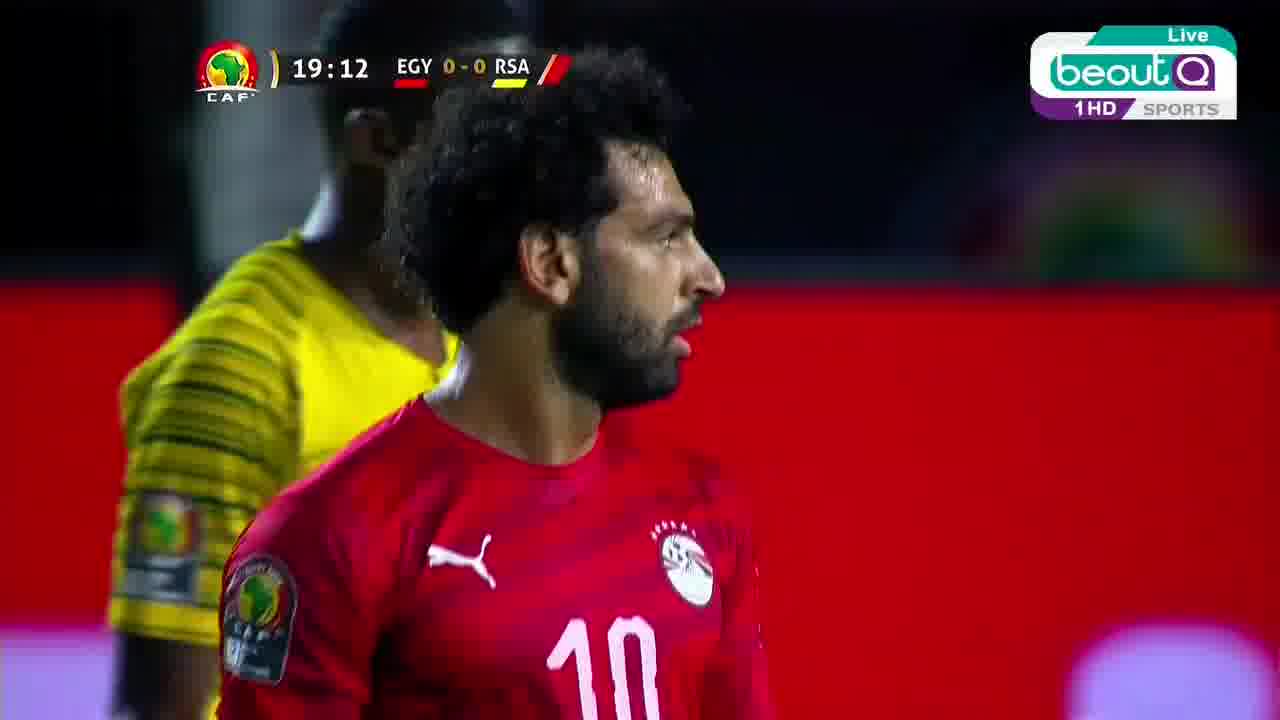By Paul Nicholson
January 28 – BeoutQ may have stopped satellite transmission but the issues of piracy and the Saudi Arabian support for the rogue broadcaster still remain. BeoutQ’s decoder boxes are still in circulation and providing illegal access to third-party IPTV pirate apps streaming stolen live sports content, including all the world’s major football competitions.
The scale of the piracy is significant enough for the European Commission to have named Saudi Arabia to be “causing considerable harm to EU businesses” via the theft of European sport broadcasts.
On a national level the Saudis have had a busy January trying to refurbish their global image as they have attempted to ‘sportwash’ their way into European hearts and minds by paying big money for events like the Spanish and Italian Super Cups. The £340 million tabled bid for Premier League Newcastle United is their latest foray into the higher end of the football business to buy profile and position.
However the EU report paints a very different picture of the Saudis from that of being an honest broker, highlighting the damage they are causing to businesses that rely on intellectual property to underpin their business. Sports, and football in particular, has been one of the most affected.
FIFA, UEFA, the Premier League, LaLiga, the Bundesliga, LFP, the AFC and Lega Serie A jointly commissioned an investigative report last year that established “without question” that beoutQ’s pirate satellite transmissions have been distributed by Saudi-headquartered satellite provider Arabsat. The report followed multiple complaints from the world’s biggest sports rightsholder to the Saudis to act to protect their rights, and income.
The EU as far back as August 2018 “made an official demarche to request Saudi Arabia to take appropriate actions against satellite and online piracy of TV programmes belonging also to EU rights-holders.” When there was no response the EU then wrote in support of a case before the World Trade Organisation (WTO) in support of pressuring the Saudis into the “correct and consistent interpretation and application of the TRIPS Agreement and the Berne Convention as well as its concerns about the impact on EU stakeholders.” The TRIPS Agreement is the generally accepted IP agreement globally that provides for copyright protection. That case is ongoing.
The EU report says: “BeoutQ makes available – without authorisation – content belonging to EU sport event organisers and EU rights-holders (authors and related rights-holders) in the territory of Saudi Arabia, in the Middle East and North Africa as well as in the EU,” and that Saudi Arabia has “not taken sufficient steps to stop the infringement despite the fact that the satellite services of BeoutQ are being {until recently had been} transmitted by the satellite (Badr-4/Arabsat- 4b) of the partly state-owned Arab Satellite Communications Organisation.”
The EU says it will pursue the Saudis legally to protect business and jobs in its countries. The Saudis have cynically showed no care or responsibility over the issue and continue to sanction the IP theft by taking no action.
“Protecting intellectual property is critical for the EU’s economic growth and our ability to encourage innovation and stay competitive globally,” said Phil Hogan, the EC’s Commissioner for Trade.
“As much as 82% of all EU exports is generated by sectors which depend on intellectual property. Infringements of intellectual property, including piracy, threaten hundreds of thousands of jobs in the EU every year. The information gathered in the report will enable us to become even more efficient in protecting EU firms and workers against intellectual property infringements like counterfeiting or copyright piracy.”
The dispute originally was seen as part of the economic blockade of Qatar led by Saudi Arabia. BeoutQ was Saudi’s proxy in the battle against the influential Qatari beIN media group, owner of the Al Jazeera news network and sports channels that had legitimately acquired and paid for most of the world’s premium sports rights for the middle east region.
Yousef Al-Obaidly, CEO of beIN Media Group, says that the issue is not about local geo-politics but about commercial theft. In this regard he is right but the issue would unlikely have arisen if it hadn’t been for the local politics.
“The European Commission’s latest report adds to the existing calls (including at the highest levels of the US and UK governments) calling on Saudi Arabia to uphold the rule of law. As the biggest buyer of media rights in world sport, this is nothing to do with politics – it’s commercial theft, plain and simple,” said Al-Obaidly.
“We are not rallying against Saudi Arabia, we are rallying against any nation, company or individual who steals sports content. Even today after over two years, the only way to watch most premium international sport in Saudi Arabia is via illegal means. The only message this sends to international broadcasters and rights-holders around the world is that you cannot monetise or protect your IP in Saudi Arabia.”
Meanwhile the Saudis continue with their government-backed strategy of spraying their money into selected sports opportunities – generally those where the integrity challenges (whether they be concern for human rights issues or commercial IP theft) are likely to be the easiest to overcome.
Contact the writer of this story at moc.l1745272270labto1745272270ofdlr1745272270owedi1745272270sni@n1745272270osloh1745272270cin.l1745272270uap1745272270

